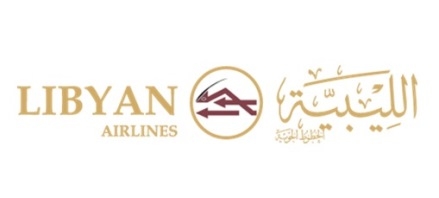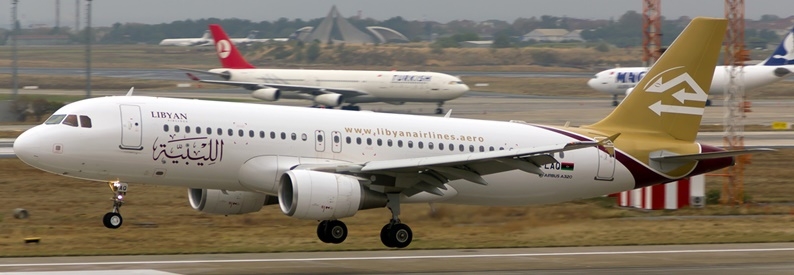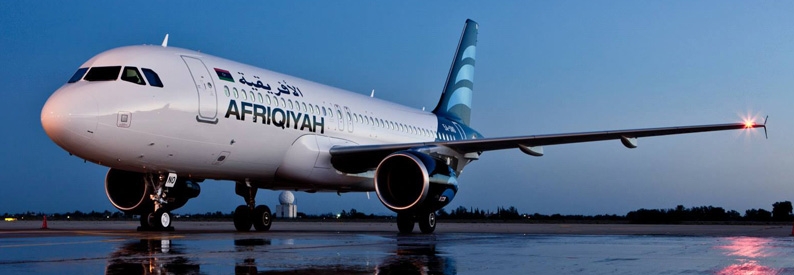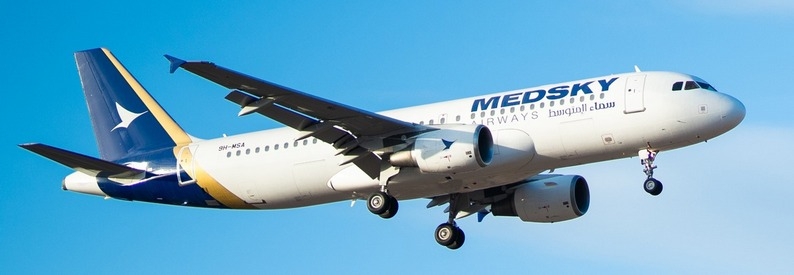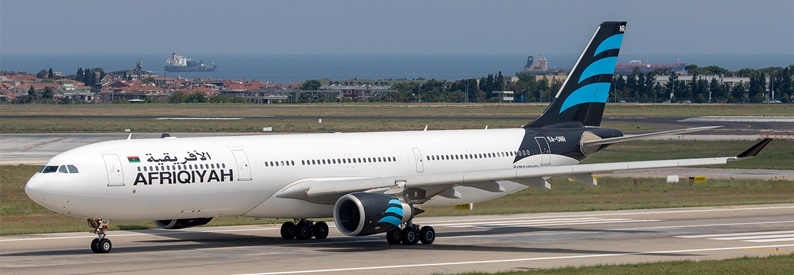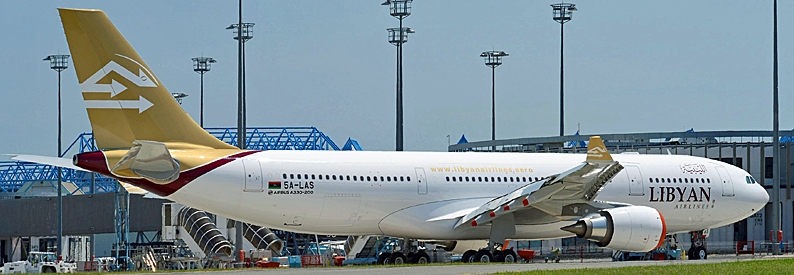Libyan Airlines (LN, Tripoli Mitiga) lost up to 80% of its fleet after 19 of its 24 aircraft were destroyed during the so-called "battle of Tripoli International airport" in July-August 2014 during the second Libyan civil war and has received little support from successive Libyan governments since, according to Abdelati Al-Arafi, the head of the airline's general trade union.
Despite this, the airline had hired 300 to 400 new staff at Tripoli and Benghazi, while several employees who reached retirement age remain under contract, he told Libyan online financial newspaper Sada Al-Iqtisadiah.
Al-Arafi criticised the authorities for not compensating the carrier for its pandemic-related losses due to "negligence or mismanagement" and warned that the public may only recognise the value of Libyan Airlines and sister carrier Afriqiyah Airways (8U, Tripoli Mitiga) if they are forced to cease operations.
He warned that private airlines currently operating in Libya pose a threat to national carriers as they operate purely on a for-profit basis, unlike state-owned airlines.
According to ch-aviation data, apart from Libyan Airlines, scheduled carriers operating in Libya include Afriqiyah Airways, Berniq Airways, Buraq Air, Crown Airlines, FLY OYA, Libyan Wings, MedSky Airways, Ghadames Air, and Global Air Transport.
Earlier this month, Libya Airlines said it was continuing to operate as normal with management committed to restructuring the airline, in response to social media reports that it could declare bankruptcy as a shortage of aircraft hamper operations.
Libyan Airlines' active fleet has dwindled to just two aircraft, according to ch-aviation and Flightradar24 data. The airline currently owns three A320-200s and two A330-200s, but only two A320s, 5A-LAH (msn 4405) and 5A-LAK (msn 4526), are operational.
The airline's employees recently voiced strong concerns over a government resolution ordering the transfer of more than 1,600 workers to other state-owned companies.
In an article in the newspaper Sada Al-Eqtisadiah on July 3, Libyan economist Mohamed Abu Snena warned that Libyan Airlines faces a deepening financial crisis that could lead to bankruptcy, and called on the government to urgently intervene to save the flag carrier, describing it as "too big to fail".
Despite war-related losses, financial mismanagement, and an incomplete capital subscription - with only LD400 million dinars (USD74 million) paid out of a pledged LD1 billion (USD185 million) - he argued that Libyan Airlines is strategically important for Libya.
He stressed that rescuing the company must be paired with serious restructuring and measures to promote fair competition in the Libyan aviation market. He concluded that Libya must reinforce Libyan Airlines’ fleet, complete its financial restructuring, and address the root causes of its decline to ensure it remains a viable national carrier.
